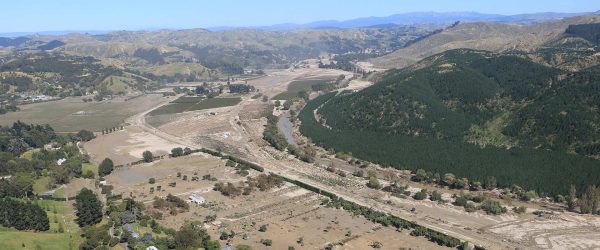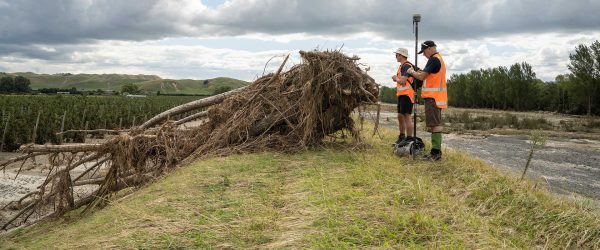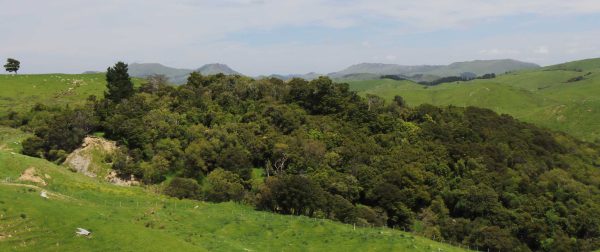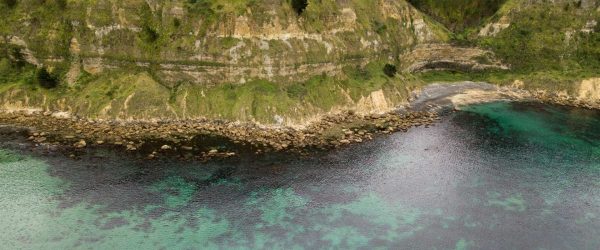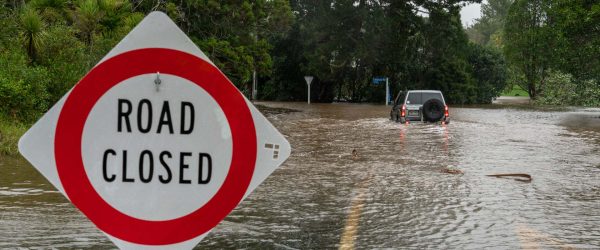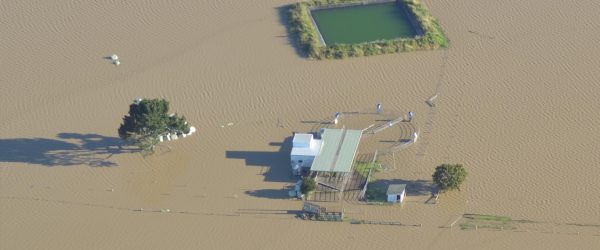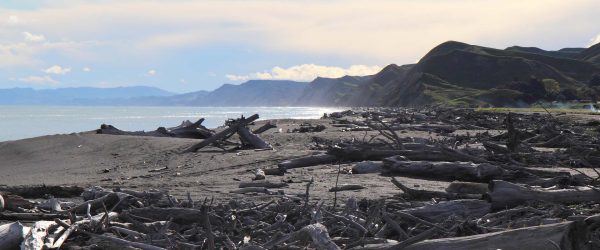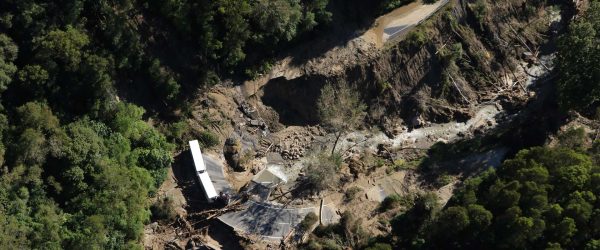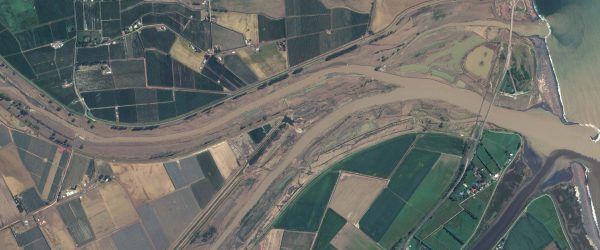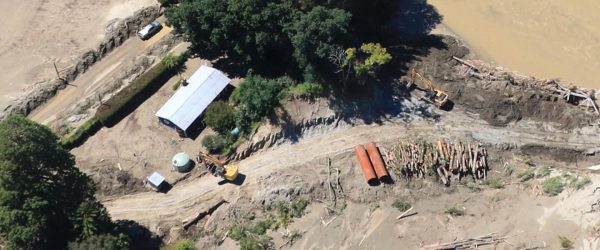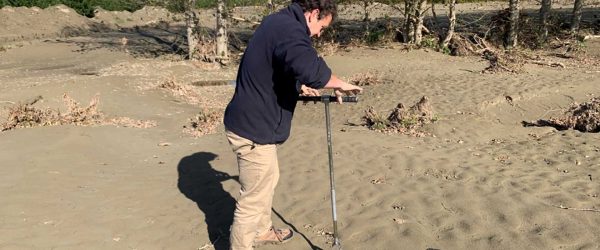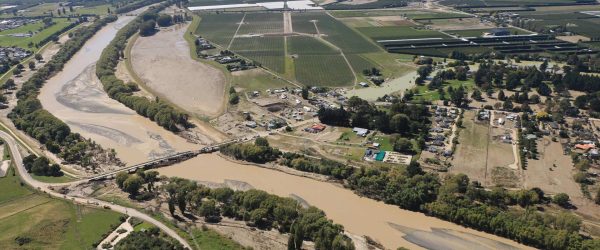Aotearoa New Zealand (NZ) is at a critical time in terms of recovering from the COVID-19 pandemic and now responding to the crises created by extreme weather events. These emergencies have immediate and long-term consequences for the health and safety of individuals, families and communities. Young people (rangatahi) may be particularly vulnerable to the risks associated with extreme weather events, with normal developmental processes at this life stage influencing how they are able to cope with stress and uncertainty. During an emergency, rangatahi may also feel as though they have little control of what is happening around them.
Growing Up in New Zealand (GUiNZ) is NZ’s largest and most diverse longitudinal study, following over 6,000 children and their families since before they were born. The GUiNZ cohort is currently aged 13-14 years, with many living in the areas most severely affected by the extreme weather events including Te Taitokerau/Northland, Te Matau-a-Maui/Hawkes Bay, and Te Tairawhiti/Gisborne and the East Coast. Approximately one-third of the cohort live in Tāmaki Makaurau/Auckland, with the majority living in areas impacted by January flooding and Cyclone Gabrielle. Strong representation of rangatahi Māori and Pacific young people in GUiNZ empowers Government to uphold its responsibilities to Te Tiriti o Waitangi and ensures that commitments to equity and child and youth rights are being met.
GUiNZ provides an important opportunity for rangatahi experiences of the extreme weather events to be understood by Government and included in ongoing recovery work and future planning. For example, the timing of these events at the start of the 2023 school year will have disrupted their educational experience, which for most of the GUiNZ cohort included their transition into secondary school. Damage to local infrastructure and housing displacement will have impacted social connectedness and limited access to health and social services, all of which are critical to ensuring that young people are supported during a crisis. Early adolescence is a critical period in the lifecourse, marking the transition from childhood into adulthood, therefore major disruptions to wellbeing now can change future health and developmental trajectories in significant ways.
The aim of this project is to understand how the extreme weather events have impacted the wellbeing of rangatahi. The project will include a questionnaire-based survey of GUiNZ participants living in the areas that were most severely impacted by the extreme weather events. The questionnaires will be developed to capture a broad range of wellbeing domains, including but not limited to: physical and mental health, relationships with family and friends, neighbourhood safety, school engagement, as well as household measures such as access to financial supports/government benefits, food insecurity, housing and displacement, and transportation issues. Identification and prioritisation of the wellbeing measures captured in this study will be done in collaboration with government policy-partners, academic experts and stakeholder communities.
Data collection will begin in mid-2023, with online and in-person interviews available. Initial findings will be shared with stakeholders in Dec 2023/Jan 2024 using a mix of online reporting, stakeholder meetings and a selection of policy briefs. The study will be conducted by the GUiNZ team, who are experienced in undertaking rapid data collection with the cohort, including under extraordinary circumstances. For example, the team successfully completed a survey of the cohort in May 2020 during the early stages of the Governments Covid-19 elimination strategy, with a larger data collection wave undertaken in late 2021/early 2022 during the Delta and Omicron variant outbreaks. The data will be analysed by experienced researchers and data analysts in accordance with the GUiNZ data access policy. The dataset will be made available for research via our existing GUiNZ data access process in early 2024.
Watch the video below for a summary of key findings from this project or find out more by watching the GUiNZ Extreme Weather Survey full webinar recording.
Resource Outputs from this project
GUiNZ Extreme Weather Survey: Te Tai Tokerau/Northland regional report
How did the extreme weather events of 2023 impact young people and families in Tāmaki Makaurau/Auckland?
GUiNZ Extreme Weather Survey: Te Matau-a-Māui/Hawke’s Bay and Te Tai Rāwhiti/Gisborne regional report
How did the extreme weather events of 2023 impact young people and families in Te Matau-a-Māui/Hawke’s Bay and Te Tai Rāwhiti/Gisborne?
GUiNZ Extreme Weather Survey: Tāmaki Makaurau/Auckland regional report
How did the extreme weather events of 2023 impact young people and families in Tāmaki Makaurau/Auckland?
Growing Up in New Zealand (GUiNZ) Extreme Weather Survey
Key findings from the Growing Up in New Zealand (GUiNZ) Extreme Weather Survey of 680 rangatahi/young people and 817 mothers/primary caregivers about their experiences.
Presentation slides from ‘Reducing Future Extreme Weather Impacts in Aotearoa New Zealand’ webinar
Webinar presentation slides presenting key findings from the Extreme Weather Research Platform (EWRP).
Reducing Future Extreme Weather Impacts in Aotearoa New Zealand
Researchers from the Extreme Weather Research Platform (EWRP) present their key findings.

